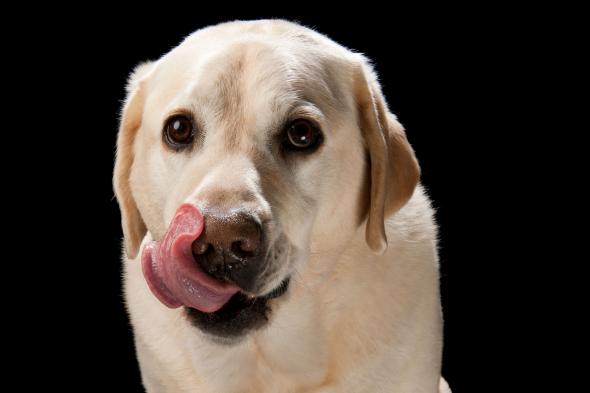 This sounds more like a Halloween story, but I couldn’t resist.
This sounds more like a Halloween story, but I couldn’t resist.
A recent email from National Geographic about the “Best in 2017” contained this little gem — “Would Your Dog Eat You If You Died?” by Erika Engelhaupt (publication date June 23, 2017). At the risk of killing the suspense (pardon the pun), the answer is yes. Although no one has been keeping statistics, there have been dozens of cases of pets scavenging their deceased owners’ bodies in forensic science journals over the past two decades.
Ms. Engelhaupt has reviewed about 20 of these published cases, along with a 2015 study that examined 63 cases of what is being called indoor scavenging. Her review has led to some surprising patterns, which lead to fascinating questions about why pets might eat their dead masters. She lists some common misconceptions about pet behavior after death and what forensic evidence reveals.
The first suspect is always the cat, and anecdotally, some first responders say it’s with good reason. Among cases in forensic journals, however, most animal scavenging involves dogs, although this could be because forensic scientists are more surprised by this behavior when it’s identified.
What if they’re simply hungry? “Dogs are descended from wolves,” says Stanley Coren, a psychologist who has written books and hosted television shows about dogs. “If we have a situation where the owner dies and there’s no source of food, what are they going to do? They’re going to take whatever flesh is around.” Hunger is clearly the motive in some cases, yet scavenging can begin soon after death. In some cases, these dogs had access to their normal food supply. The attack patterns also didn’t match behavior in nature — domesticated dogs tend to go for the face and wild canines first attack the chest and abdomen.
Are these simply bad dogs? If you treat your dog well, you have no worries? It’s not that straightforward. None of the cases Ms. Engelhaupt reviewed had any evidence of the animal being abused. It could just be a matter of doggie psychology. “One possible explanation for such behavior is that a pet will try to help an unconscious owner first by licking or nudging,” forensic examiner Markus Rothschild wrote in his report of one incident, “but when this fails to produce any results the behavior of the animal can become more frantic and in a state of panic, can lead to biting. From biting, it’s an easy jump to eating, forensic anthropologist Carolyn Rando of University College London says: “So it’s not necessarily that the dog wants to eat, but eating gets stimulated when they taste blood.”
To read the complete article (especially if you’re into gruesome details), go to https://news.nationalgeographic.com/2017/06/pets-dogs-cats-eat-dead-owners-forensics-science/?. The photo came from that site.
